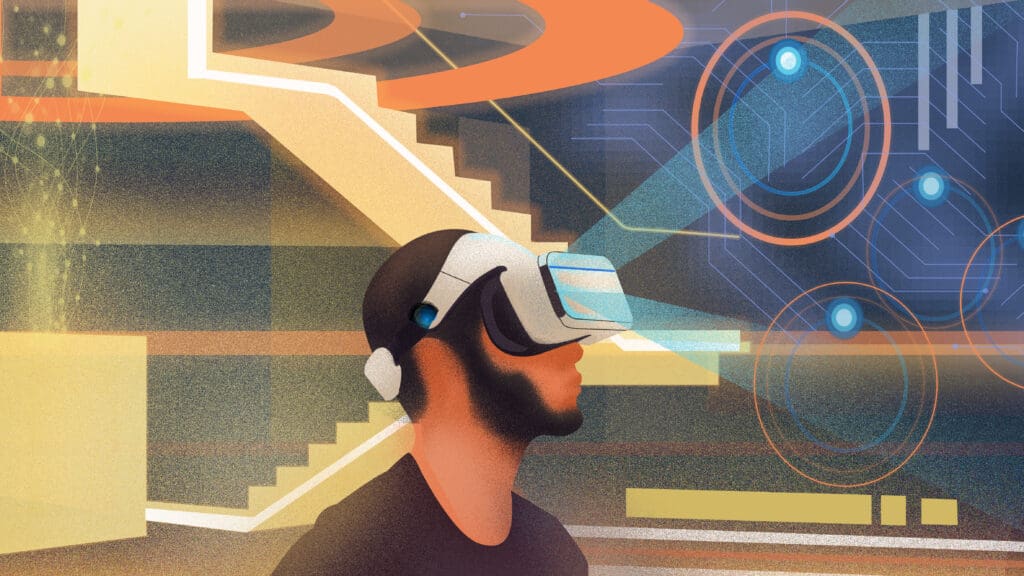MINDb4ACT
Blog
Implementing Virtual Reality into UK Education Models to Counter Online Radicalisation
September 9, 2020By Alice Raven Young people remain identified as one of the most vulnerable groups at risk of online radicalisation in the UK, however using education institutions to engage with and build resilience amongst these groups remains a persistent challenge. Virtual reality as an alternative resource has been increasingly explored to help bridge the gap between ...
